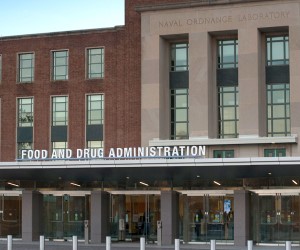CAR T cell product development guidance: Comments ask for CMC details
 Biologics/ biosimilars/ vaccinesBiotechnologyChemistry, Manufacturing and Controls (CMC)North AmericaPreclinical studyProduct LifecycleRegulatory Intelligence/Policy
Biologics/ biosimilars/ vaccinesBiotechnologyChemistry, Manufacturing and Controls (CMC)North AmericaPreclinical studyProduct LifecycleRegulatory Intelligence/Policy Biologics/ biosimilars/ vaccinesBiotechnologyChemistry, Manufacturing and Controls (CMC)North AmericaPreclinical studyProduct LifecycleRegulatory Intelligence/Policy
Biologics/ biosimilars/ vaccinesBiotechnologyChemistry, Manufacturing and Controls (CMC)North AmericaPreclinical studyProduct LifecycleRegulatory Intelligence/Policy